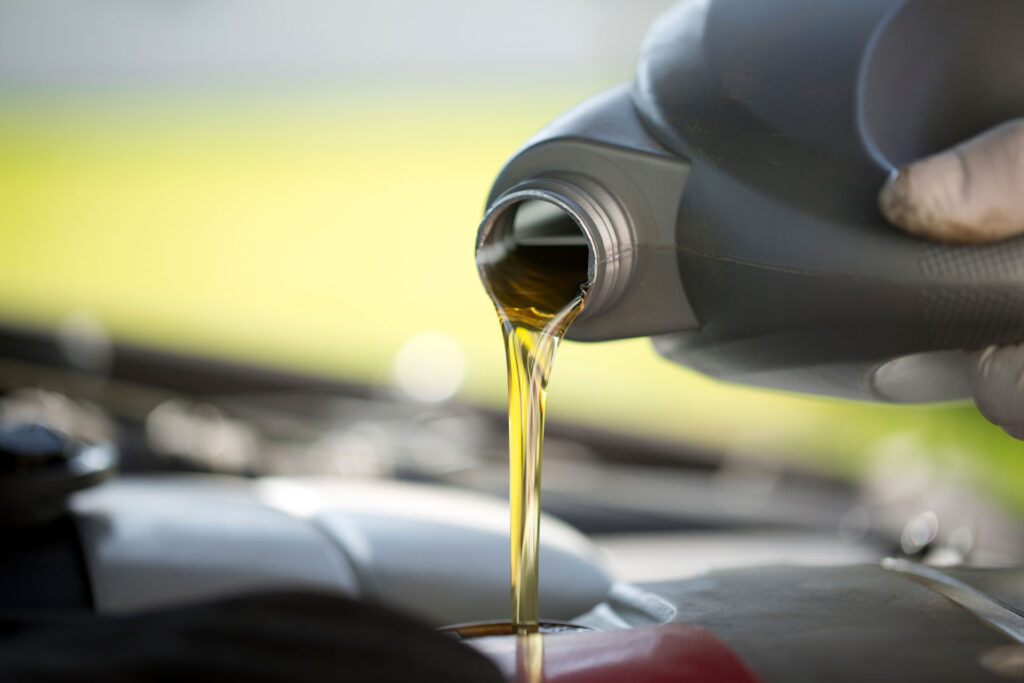It’s rare that someone associates concrete with carbonation. We normally connect the latter word with the bubbles in our soda or beer, not our concrete. But the carbon dioxide that helps to produce the fizz in our drinks also makes its way through the pores of an untreated slab of concrete. When that carbon dioxide reaches the reinforcing steel inside the concrete, corrosion ensues.
Of course, there’s more to the process of carbonation. Concrete contains a molecule called calcium hydroxide. Carbon dioxide combines with calcium hydroxide and becomes calcium carbonate and water. This reaction is at its greatest potential when humidity is between 50% and 75%. If the concrete is not exposed to air, or if the environment is very dry, or very humid, carbonation generally doesn’t occur.
Reno’s desert climate rarely offers much humidity. But sprinklers, fountains, pools, or other water features can provide enough moisture over time to facilitate carbonation. When carbonation reaches the steel rebar, rust causes the metal to expand. Eventually, you see cracked, spalling concrete where a smooth surface used to be.
Keep Concrete Carbonation Away
Avoiding carbonation in your concrete is vital. The best way to do this is to apply a barrier over the concrete so moisture and carbon dioxide never penetrate. That’s exactly what epoxy coatings do! They cover the surface of your concrete with a seamless, impenetrable layer that keeps moisture and carbon dioxide away.
Nevada Custom Coatings is ready in Reno and the surrounding areas to protect your concrete from carbonation. To find out what we can do for your concrete floor, give us a call. If you prefer, fill out our online form to schedule a free, onsite consultation. We’re happy to help you keep the carbonation in your drinks, and away from your concrete!


